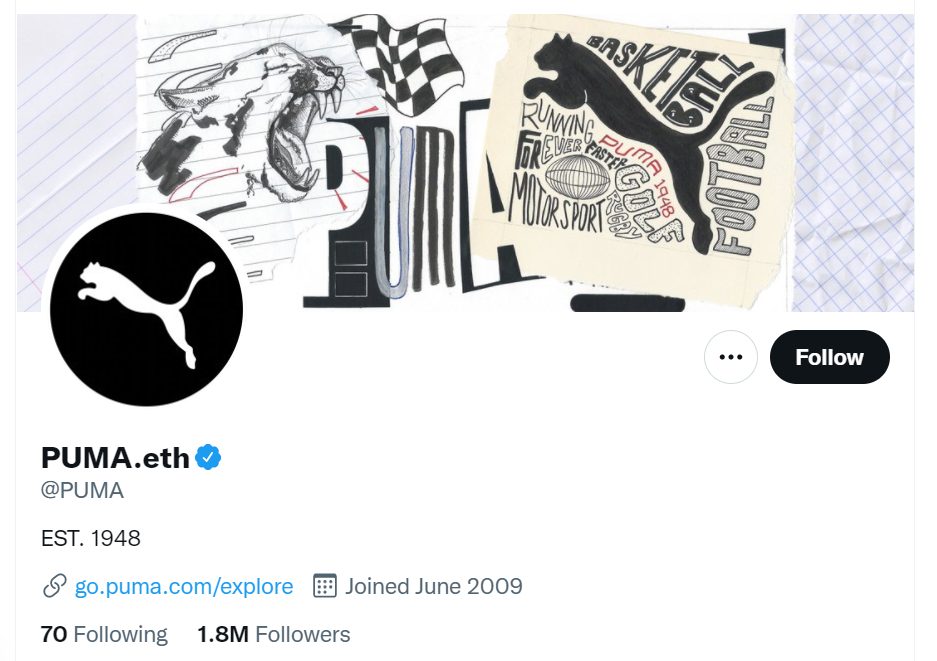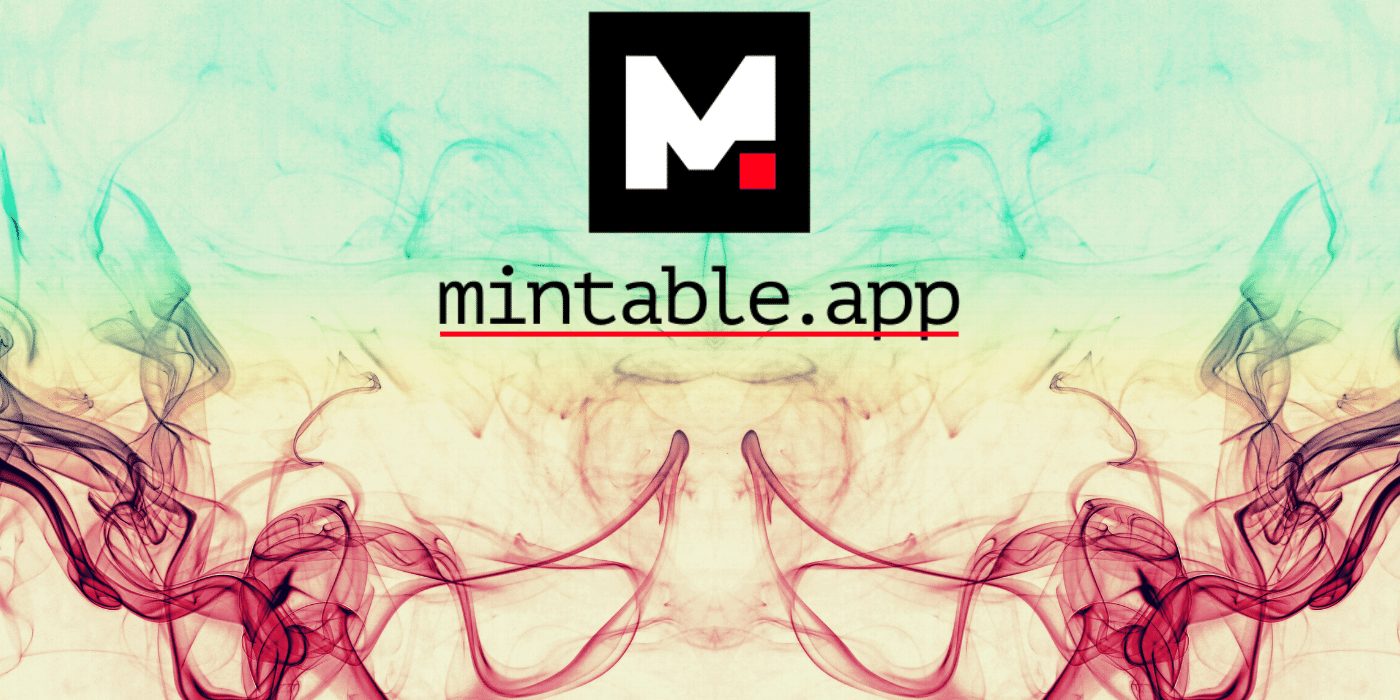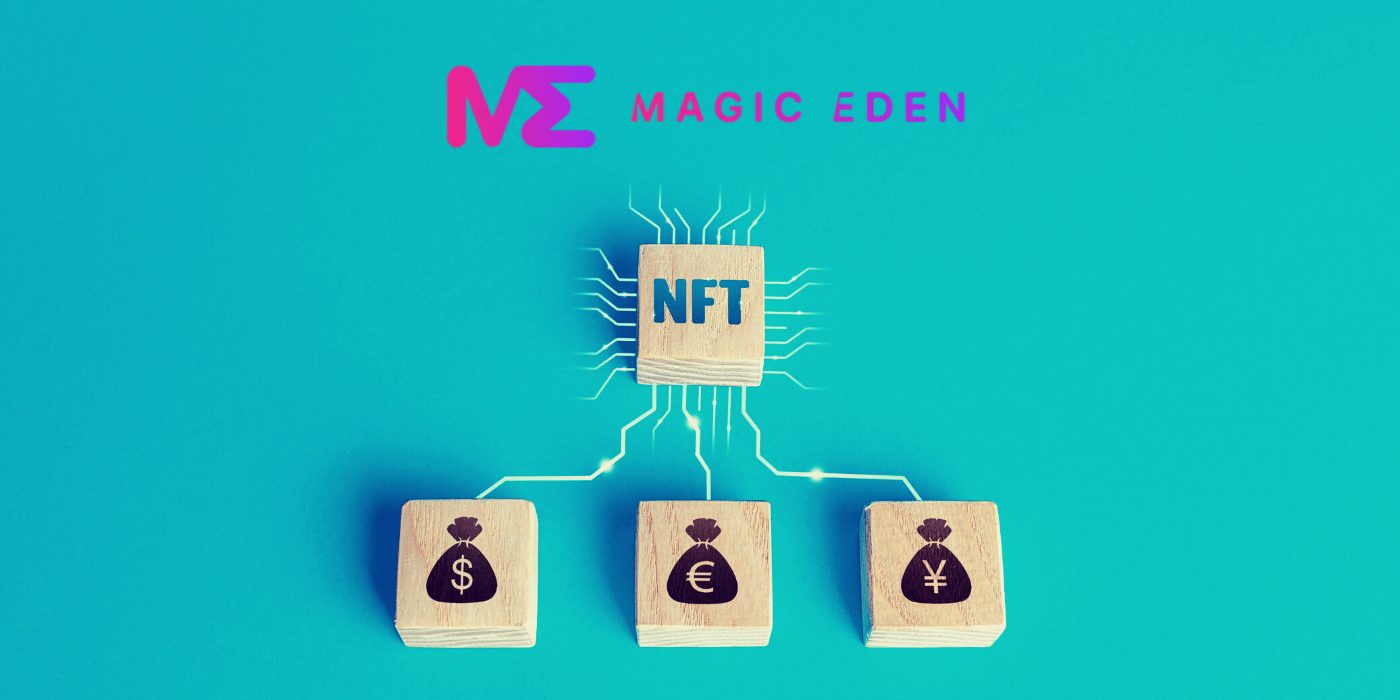Culture Vault drops second instalment of NFTS, fashion industry to join the metaverse lineup.
Culture Vault – a new curated platform and creative agency that presents and sells high-quality NFTs and helps artists and cultural brands navigate the blockchain – today announces its second drop of NFTs by heralded fashion industry creatives, joining the robust lineup of interactive works announced last week. The new works represent Culture Vault’s expansion into the fashion realm after its first foray into both art and music earlier this year, with food, dance and generative art projects on the near horizon.
The works released today are by Romance Was Born, The Injury, and Pan & The Dream. Works will be available for sale through Culture Vault, with prices ranging from 0.1 ETH to 3 ETH (approx. A$400 to $12,000).
Artist highlights of today’s release on Culture Vault include:
- Fashion industry luminaries Romance Was Born have joined forces with master creative Ribal Hosn on an inaugural NFT collection entitled A Certain Romance. The series features three unique 1/3 original works with the conceptualisation for the series stemming from the thought of seeing things that aren’t really there. Utilising purely analogue techniques without any special effects, each piece features a unique garment and its distorted reflection captured randomly on film. Throughout each work, the performer moves and interacts with the space and her reflection. The reflections were manually distorted by bending the mirror at certain moments and the mixture of colours changes based on the performer’s movement and position. The collection pays tribute to the Rorschach test, traditional filmmaking, and to the malleability of our perception of reality.
- Acclaimed fashion label Injury has joined forces with Real Parent to create Extended Dreams Vol 1. The works explore the relationships between physical and digital souls, probing ongoing topics such as reality, illusions, life and dreams. Their genesis NFT collection originated from INJURY’s film “The Butterfly’s Dream”. The main character, named Real, is going through a metamorphosis, presenting itself as a half-human, half-butterfly persona. The Extended Dreams Vol.1 series includes four 25-38 second animated NFTs, consisting of digital fashion couture collectibles (fashion wearable NFTs) and narrative artwork with tailor-made soundscapes. #extendeddreamsnft
- New York-based print magazine Pan and the Dream is an annual publication that presents images and words that show how art, beauty and dress can combine to provide new vistas at a moment in history when utopias seem more necessary than ever. PAN’s genesis NFT collection consists of seven unique artworks – a combination of movies, GIFs and high-quality still photographs. Reflecting times where individuals must turn to inner worlds for sustenance, audiences escape into lush visions and toy with the uncanny, and be transported through visual fantasy. PAN constructs a visual world to comfort, tantalise and challenge – a dreamscape that hovers between real, unreal and surreal. The past and possible imagined futures inform the present.
The Culture Vault platform (Culturevault.com) is purpose-built to bridge the gap between the traditional art world and the crypto-community. It consists of a curated platform and creative agency, offering a one-stop shop for both first-time NFT-buyers and seasoned digital art collectors to acquire a curated selection of premium NFTs by some of the world’s leading artists.
Luke Sales, Fashion Designer from Romance Was Born, commented on the launch of their works on Culture Vault today: “As fashion designers, we’re always looking for ways to take our work into expansive new worlds beyond stores and the runway. Releasing this exclusive digital drop on the site has allowed us to collaborate with the incredible talent that is Ribal Hosn and do something that is completely different.”
CEO and Founder Michelle Grey said: “We’re thrilled to be adding fashion designers and industry creatives to our NFT drops. We believe that creative practices come in many forms and are excited to help a diverse array of creatives and not just traditional artists to explore beyond their traditional practices.”
Culture Vault is unique among NFT platforms in dedicated professional support for artists and brands to assist with their entire crypto journey – from setting up their smart contracts and crypto-wallets, to advising them on pricing and edition numbers, paying their gas fees, minting their NFTs, instructing them on how to use Discord (the social media platform preferred by the crypto community), and providing them with an opportunity to cash out their royalties into the currency of their choice.
The release of fashion NFTs from Culture Vault comes in advance of the platform’s “The Future Is Phygital” exhibition, free to the public from March 18-20, 2022, at Verona Studios, 17 Oxford St, Paddington, Sydney from 10am-5pm.














